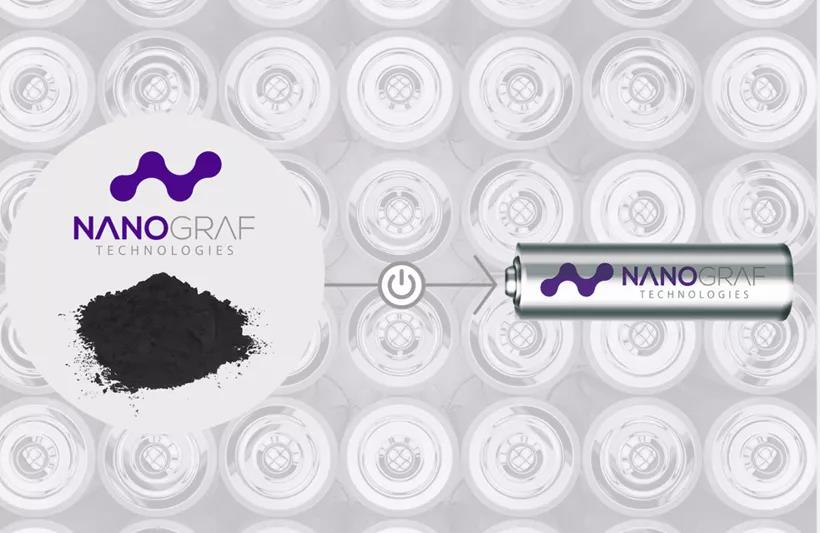NanoGraf extends the operating time of electric vehicles by 28%
2021-06-16
According to foreign media reports, in order to better realize the future of electrification, on June 10th local time, NanoGraf, an advanced battery materials company, stated that it has produced the world’s highest energy density 18650 cylindrical lithium-ion battery, which is made from traditional battery chemistry Compared with the completed battery, the running time can be extended by 28%.
With the support of the US Department of Defense and other agencies, NanoGraf’s team of scientists, technicians and engineers has released a silicon anode battery with an energy density of 800 Wh/L, which can be used in consumer electronics, electric vehicles, and soldiers in combat. Equipment etc. provide great benefits.

Dr. Kurt (Chip) Breitenkamp, President of NanoGraf, said: “This is a breakthrough in the battery industry. Now, the battery energy density has stabilized, and it has only increased by about 8% in the past 10 years. A 10% growth has been achieved within China. This is an innovative value that can only be realized by a technology that has been achieved for more than 10 years."
In electric vehicles, mileage anxiety is the main obstacle to their large-scale adoption, and one of the biggest opportunities is to provide batteries with higher energy density. NanoGraf's new battery technology can immediately power electric vehicles. For example, compared with current similar cars, using NanoGraf batteries can extend the battery life of Tesla Model S by about 28%.
In addition to commercial applications, NanoGraf's batteries can also significantly improve the performance of military electronic equipment carried by soldiers. U.S. soldiers carry over 20 pounds of lithium-ion batteries when patrolling, usually second only to body armor. The NanoGraf battery can extend the operating time of American soldiers' equipment and reduce the weight of the battery pack by more than 15%.
Prior to this, the company experienced a period of rapid growth. Last year, the US Department of Defense awarded NanoGraf US$1.65 million in funding to develop longer-lasting lithium-ion batteries to power US military equipment. In 2019, Ford, General Motors and FCA formed the American Automotive Research Council and provided the company with $7.5 million for the research and development of electric vehicle batteries.